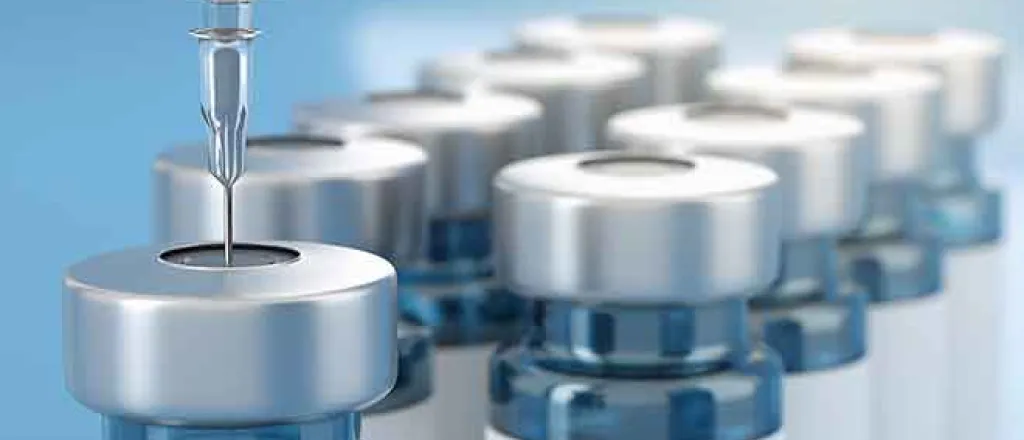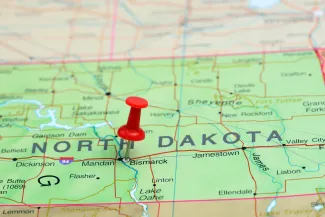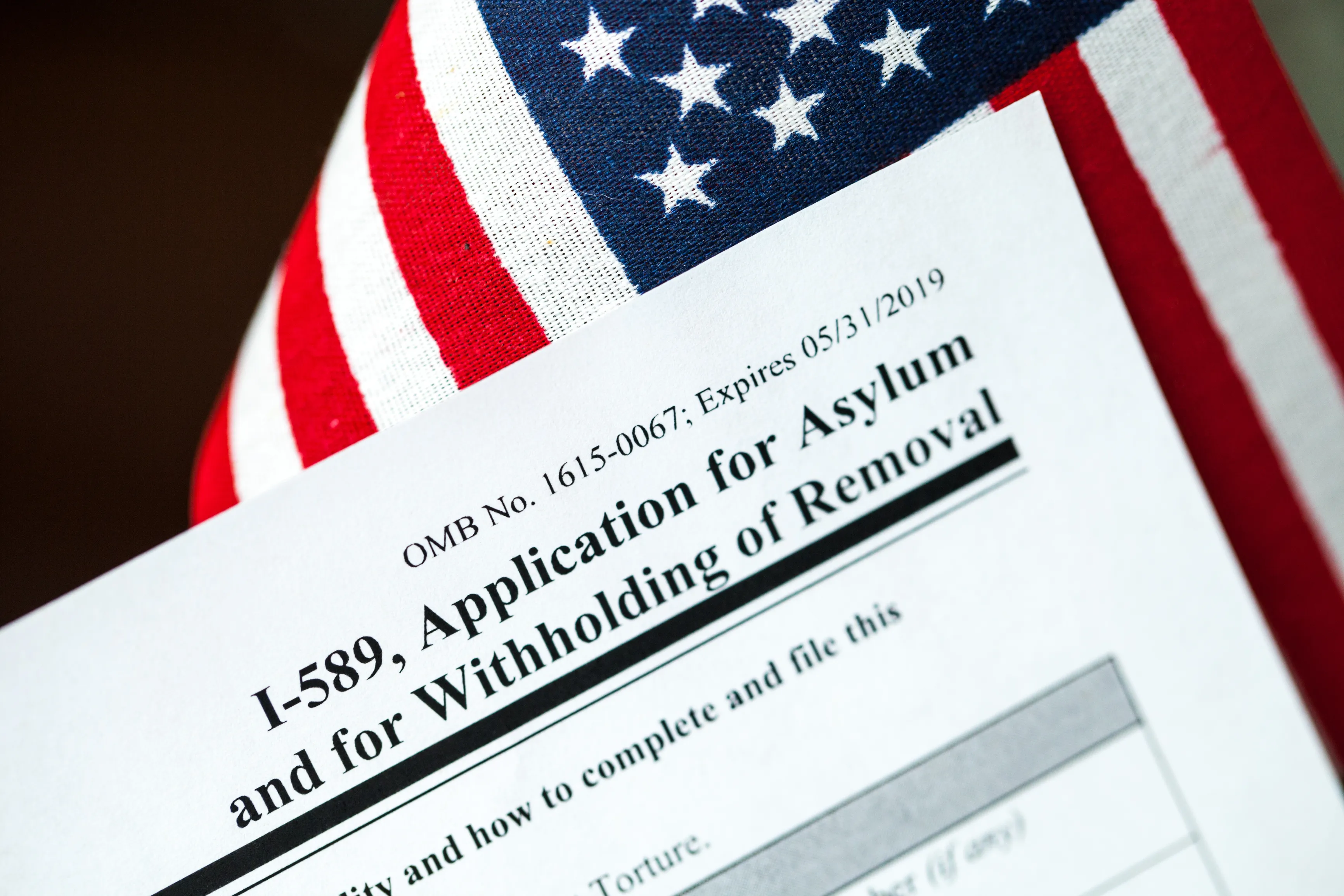
North Dakota lawmakers to consider bill capping price of insulin
Lawmakers Thursday will hear testimony on a bill to lower the price of insulin drugs and supplies for more North Dakotans.
If adopted as currently written, House Bill 1114 would set out-of-pocket costs for a monthly supply of insulin at $25 for the North Dakota commercial insurance market. The same monthly price cap would also apply to medical supplies used to administer insulin.
The new caps would affect North Dakotans on individual and small group insurance plans. The bill doesn’t apply to insurance provided by large employers.
The caps were already piloted for state employee health plans beginning in 2023, which would continue under the proposal.

Advocates attempted to bring a similar bill during the 2023 session. Under state law, however, North Dakota must first pilot any health insurance mandates on state employee health insurance before rolling it out to the full North Dakota marketplace.
“Basically, it acts kind of like a study to see how it impacts the PERS (Public Employees Retirement System) active health insurance plan that includes both state employees and employees of participating political subdivisions,” Rebecca Fricke, executive director of PERS, said.
In the end, the bill — Senate Bill 2140 — was changed to implement a two-year test run of the caps for those on the state plan.
The 2023 legislation specifically instructed PERS to bring a follow-up bill during the 2025 session extending the price caps to the general state insurance marketplace.
Angela Kritzberger, whose daughter Nina has Type 1 diabetes, was one of the advocates who spoke in favor of insulin caps during the 2023 session.
“Our hope was to get it for everyone,” Kritzberger said.
She said she plans to travel to Bismarck this week so her daughter can offer testimony in support of the 2025 bill.
The bill received recommendation from the interim Employee Benefits Programs Committee and was introduced by the House Government and Veterans Affairs Committee.
“This is a very positive move for persons who need this kind of care, and it’s a very positive thing for our society,” said Senator Tim Mathern, D-Fargo, the lead sponsor of the 2023 version of the bill.
House Bill 1114 is scheduled for a hearing before the Government and Veterans Affairs Committee on Thursday at 10:15 a.m.

Written testimony on the bill may be submitted to the committee by 7:45 a.m. Thursday.
Last session, the Greater North Dakota Chamber of Commerce spoke against insulin caps, cautioning against government intervention in the free market. The chamber also said that many insulin manufacturers and health insurers have already voluntarily lowered prices for insulin for consumers.
The three largest manufacturers for the U.S. insulin market — Eli Lilly, Novo Nordisk and Sanofi — all recently lowered the cost of their insulin products.
Owing in part to those price cuts, the PERS board found that the pilot program didn’t come at a significant cost to the state.
In a study presented by PERS to the interim Employee Benefits Programs Committee, Deloitte consultants found that continuing the caps for the 2025-2027 biennium would result in an estimated 0.12 percent increase in claims costs to the state insurance program, or roughly $1 million.
The fiscal note attached to bill House Bill 1114 estimates the cost to the state at about $834,000.
The Deloitte study also reported that as of August, 24 states and Washington, D.C., had also implemented insulin price limits for state-regulated commercial health insurance plans.
New insulin caps went into effect Jan. 1 for Affordable Care Act-compliant individual and small group plans in North Dakota. Jacob Just, director of communications for the North Dakota Insurance Department, said these caps essentially cover the same plans as House Bill 1114.
“This bill would just look to codify what has already been in effect,” Just said. The Insurance Department will be offering neutral testimony on the bill, he added.
Kritzberger said that even if the market is lowering insulin prices, putting the caps into state law are needed to ensure prices don’t swell again.
When insulin is prohibitively expensive, diabetes patients may forego treatment — which can cause life-threatening health complications, she said.
“I think we’ve seen what the market can do,” Kritzberger said.
North Dakota Monitor is part of States Newsroom, a nonprofit news network supported by grants and a coalition of donors as a 501c(3) public charity. North Dakota Monitor maintains editorial independence. Contact Editor Amy Dalrymple for questions: info@northdakotamonitor.com.

















